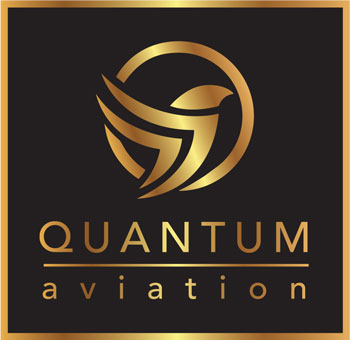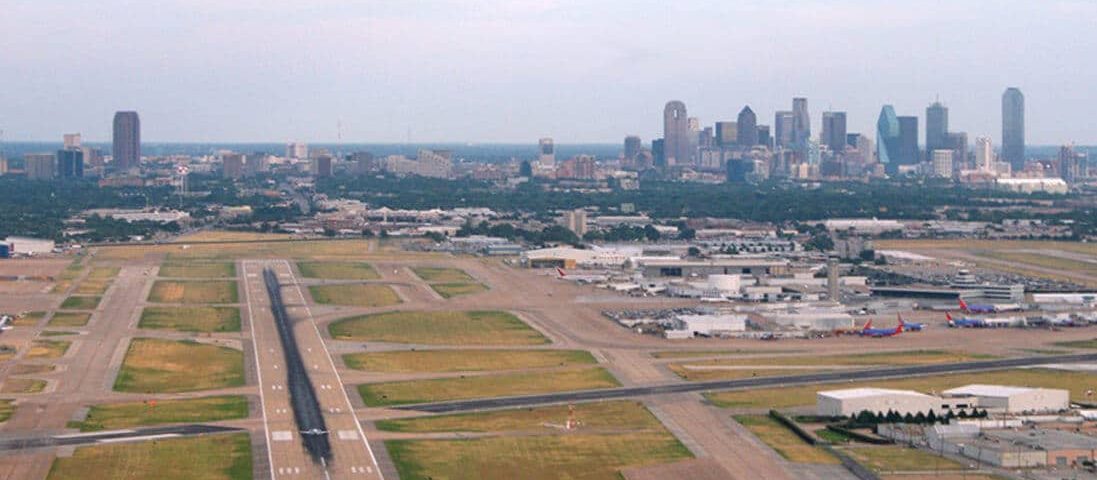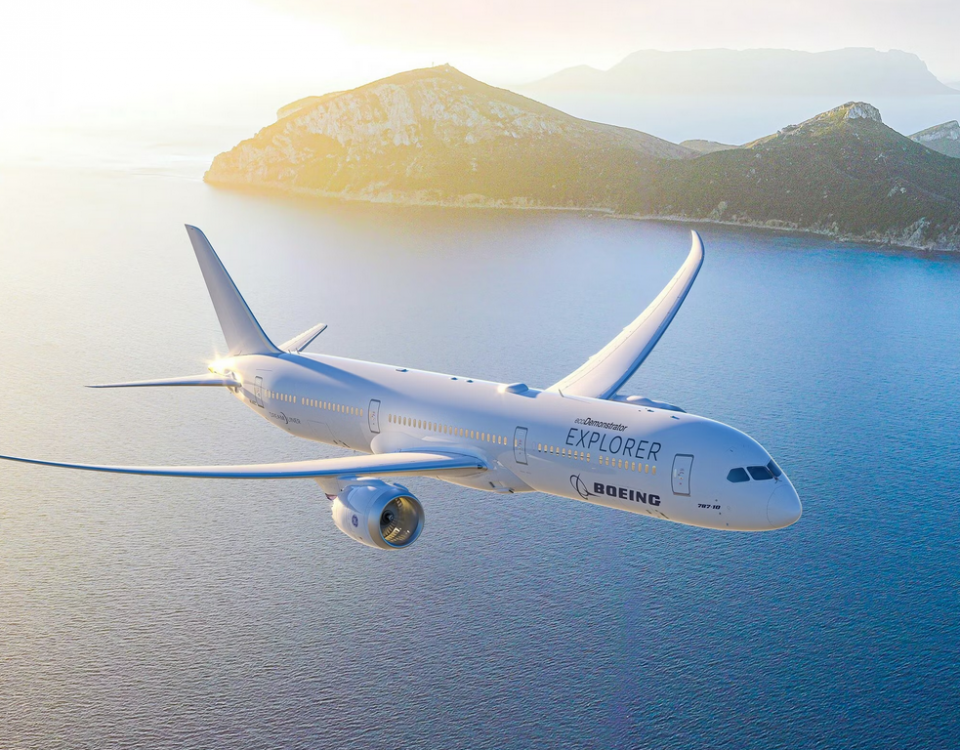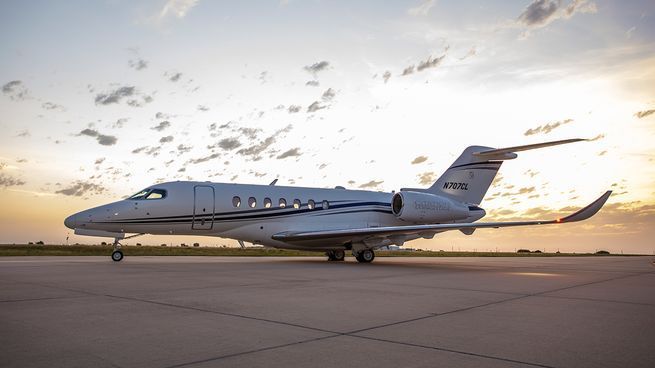
Cessna Citation Longitude Achieves Provisional Type Certificate
December 25, 2018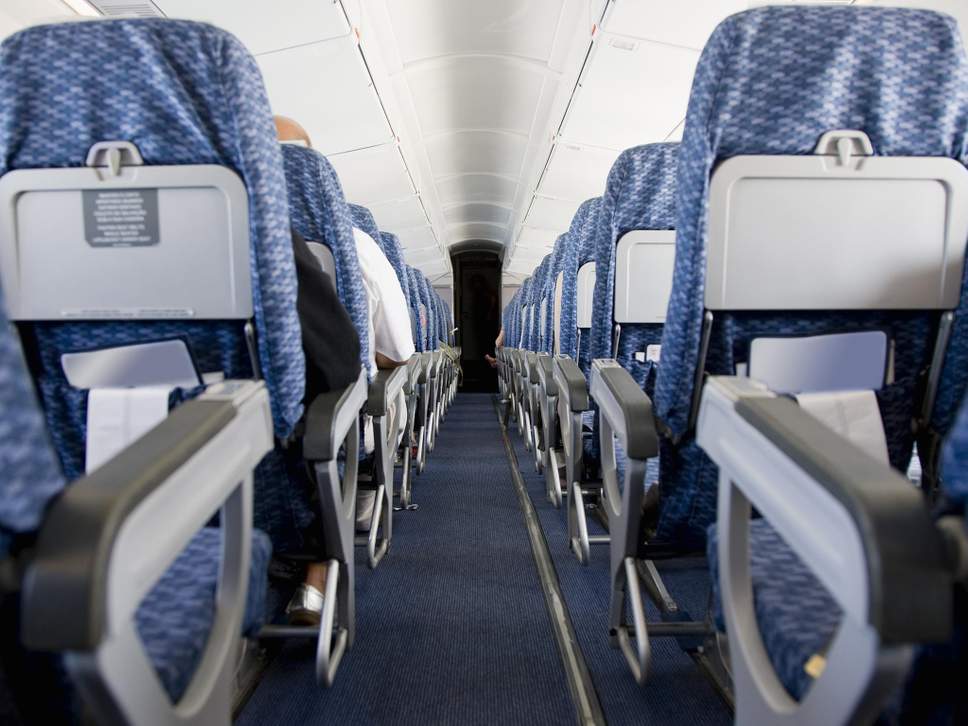
UK airline passengers ‘wasting £175m a year choosing specific seats’
December 26, 2018General aviation pilots will begin paying a landing fee at Dallas Love Field (KDAL) starting Jan. 1, 2019.
The new fee is designed to generate revenue to support airport maintenance and upgrades, according to city officials.
The fee also is intended to direct GA aircraft to nearby Dallas Executive Airport (KRBD), which does not charge landing fees, city officials add.
The fee was originally supposed to begin July 1, 2018, but GA advocates were able to show the city that airport tenants and other GA users at KDAL had not been consulted about the new fees, or the methodology behind them, according to officials with the National Business Aviation Association.
A coalition of aviation groups, led by the Love Field Pilots Association (LFPA), “engaged with the city airport director on the matter and pointed out a key discrepancy in the ordinance that also delayed its implementation,” NBAA officials noted.
“Initially, the airport intended to charge GA users the new landing fee on top of existing fuel-flowage fees, although the city code explicitly states the two cannot be charged simultaneously,” said LFPA President Sean Lynch, who also operates KDAL-based Engine Assurance Program. “The city attorney agreed with our interpretation that anyone paying a landing fee cannot be ‘double-taxed’ with the fuel-flowage fee.”
Under the revised landing fees agreement effective Jan. 1, 2019, Part 135 operators will be assessed a fee of $2.75 per 1,000 pounds of an aircraft’s certified maximum landing weight (MLW), while Part 91 users will be charged $5.15 per 1,000 pounds MLW.
“Once the city recognized those paying such landing fees could not also be charged the fuel-flowage fee, a fee they have been assessed up until now, the result was an ‘effective rate’ for those operators who buy significant amounts of fuel at the airport that is actually closer to the Part 135 operators’ rate,” said aviation attorney David Norton with Shackelford, Bowen, McKinley & Norton, LLP, who served as outside counsel for LFPA.
Fees will be billed directly through Vector Airport Systems and will be reassessed after one year, based on data gathered throughout 2019, according to city officials.
Discussions will also continue between the city and airport users over other aspects of the fee agreement, including financial contributions from airport lease agreements that weren’t considered under the current ordinance, NBAA officials said.
“Throughout this process, the GA community always acknowledged its obligation to pay its fair share to maintain Love Field,” noted NBAA Senior Director, Regional Programs and Southwest Regional Representative Stephen Hadley. “While this compromise isn’t perfect and other issues remain, we’ve definitely seen a significant step forward in the relationship between the city and DAL tenants and operators.”

